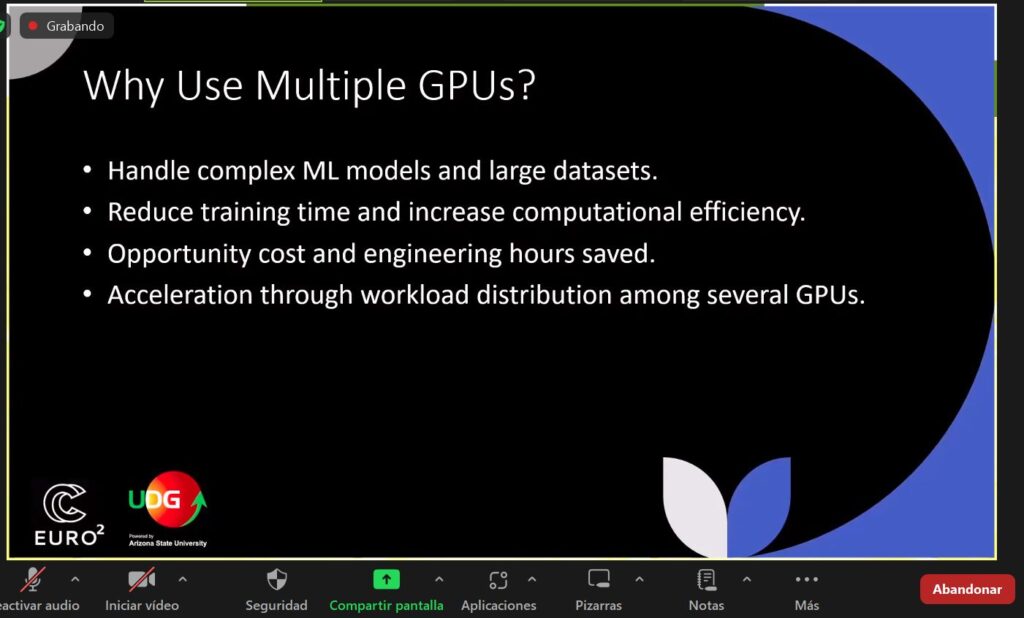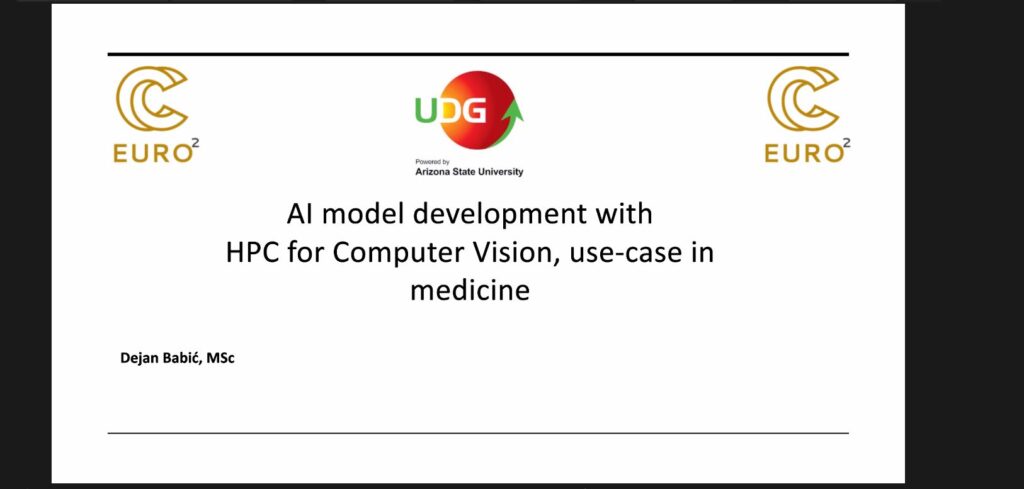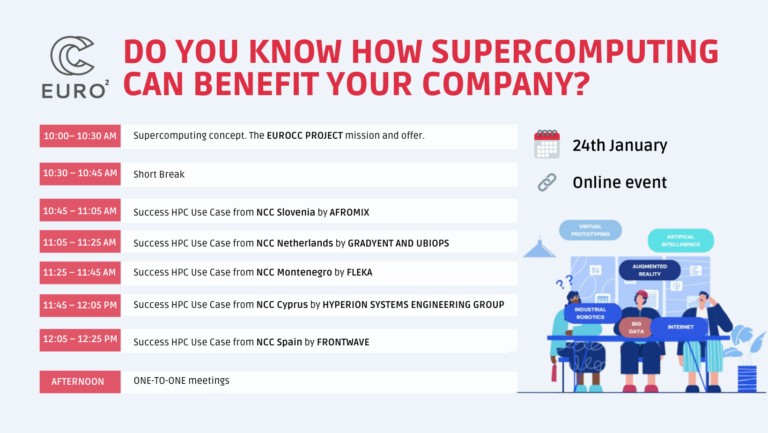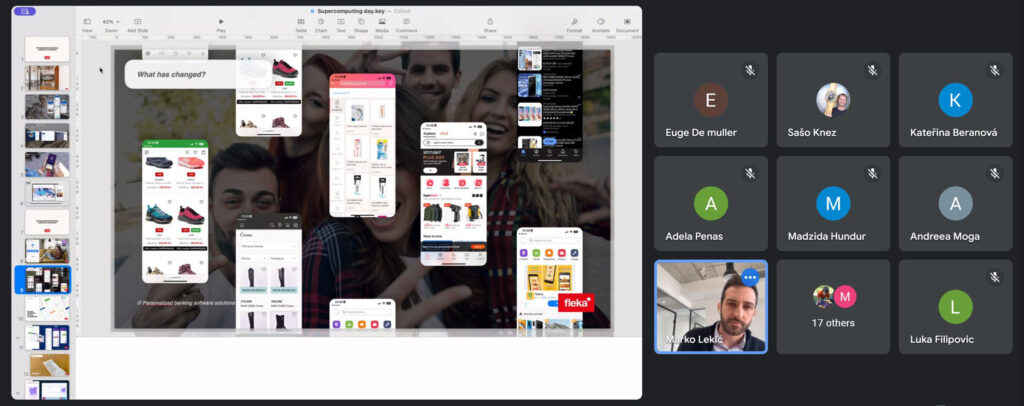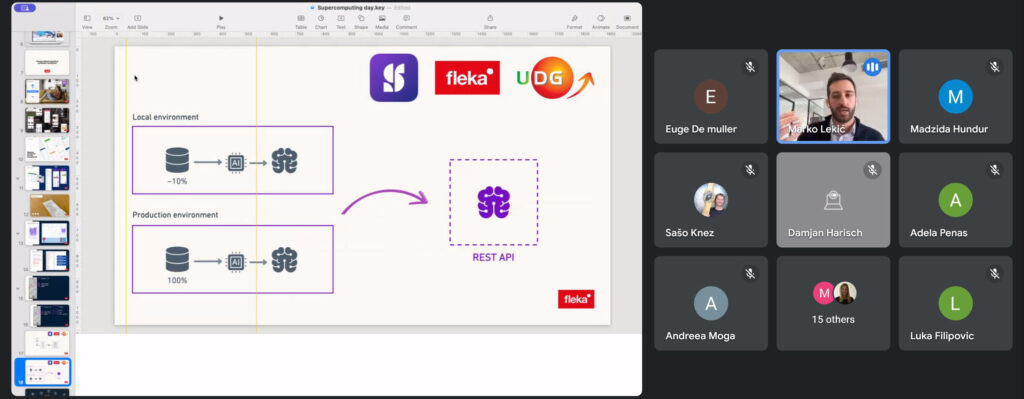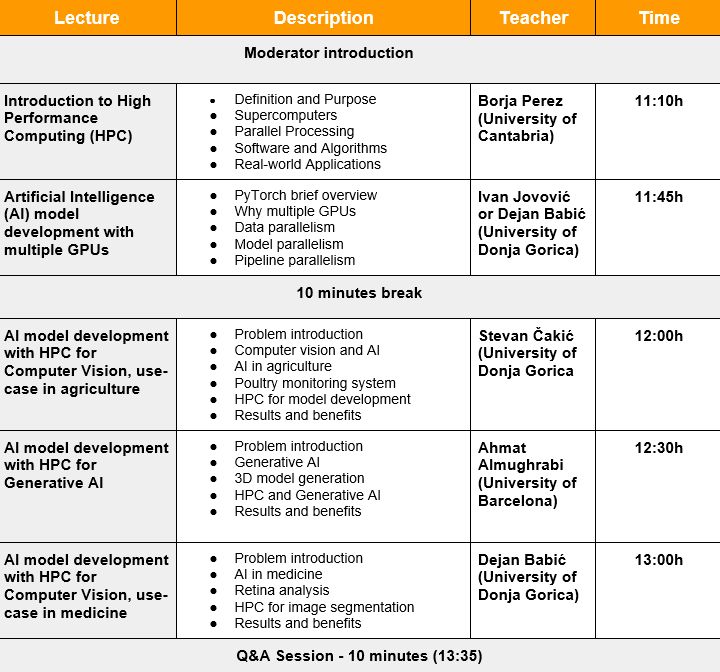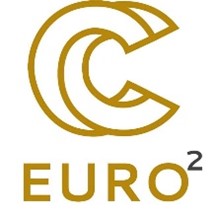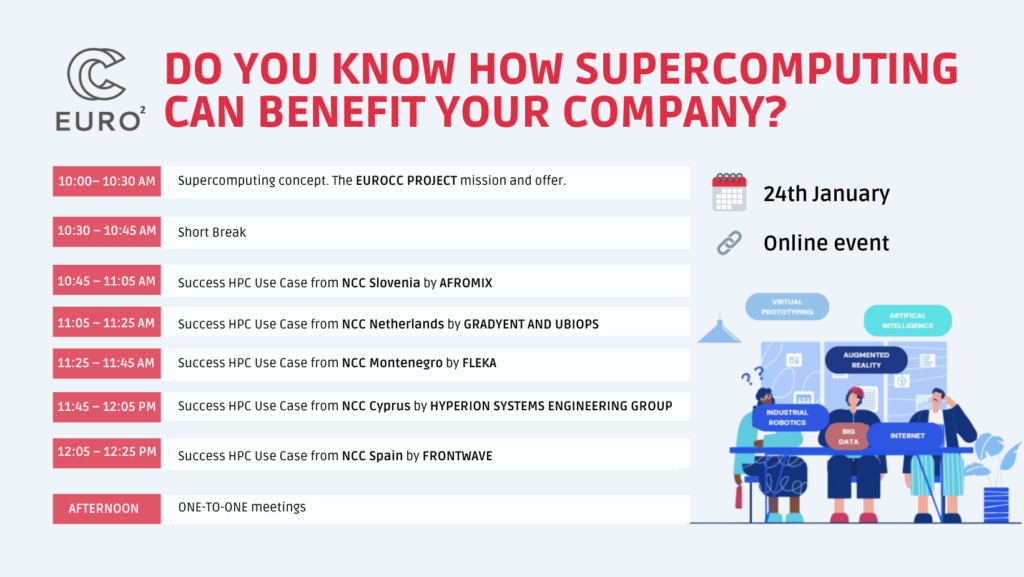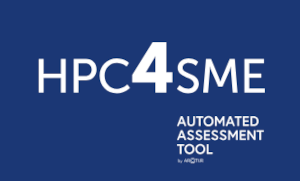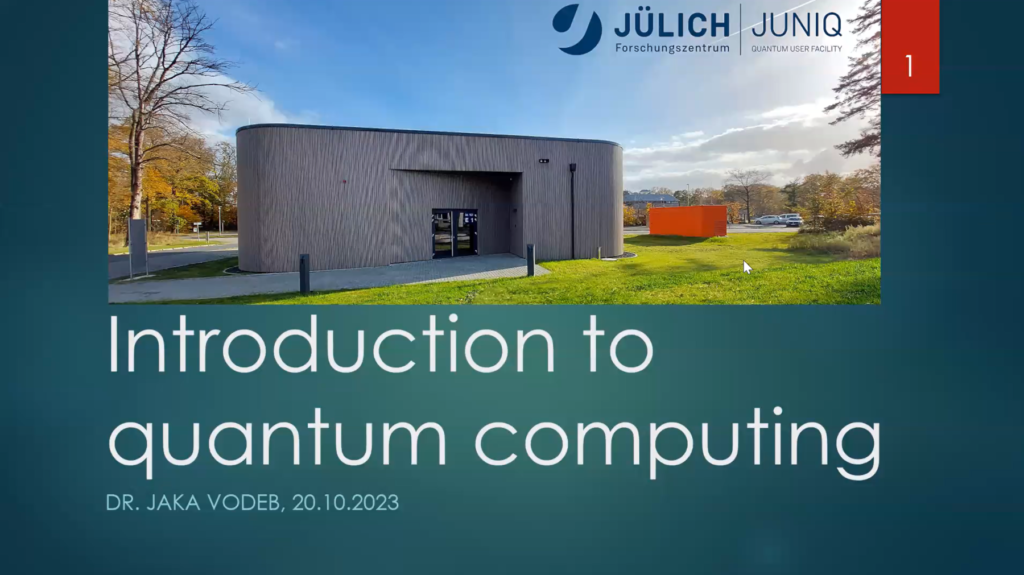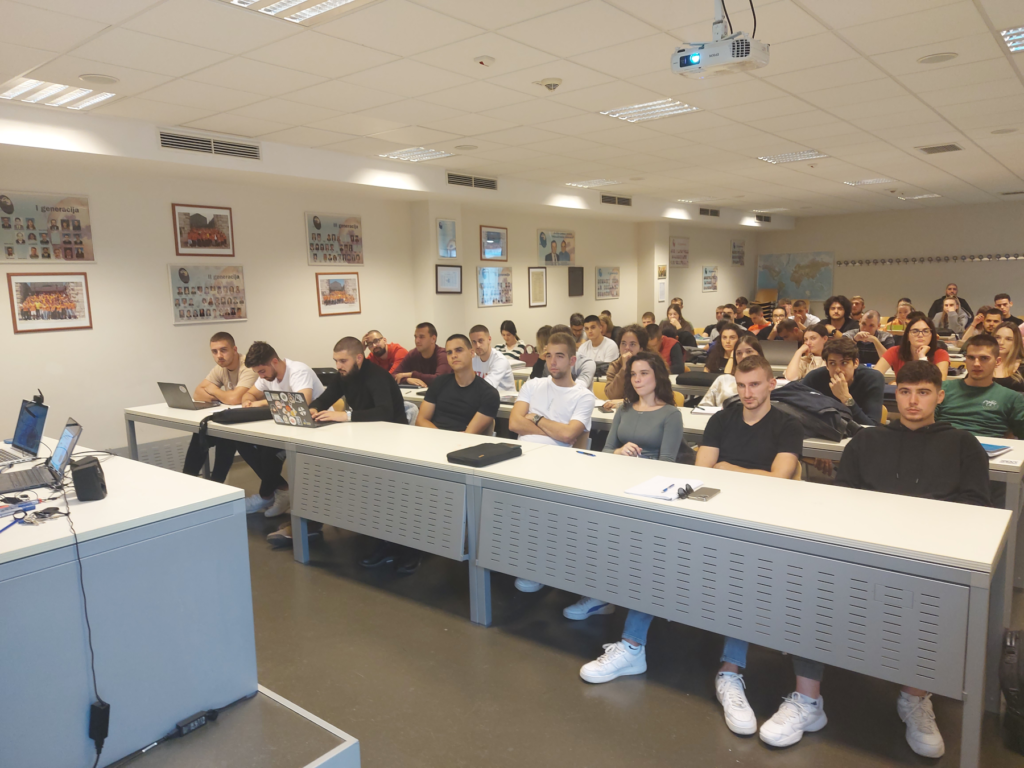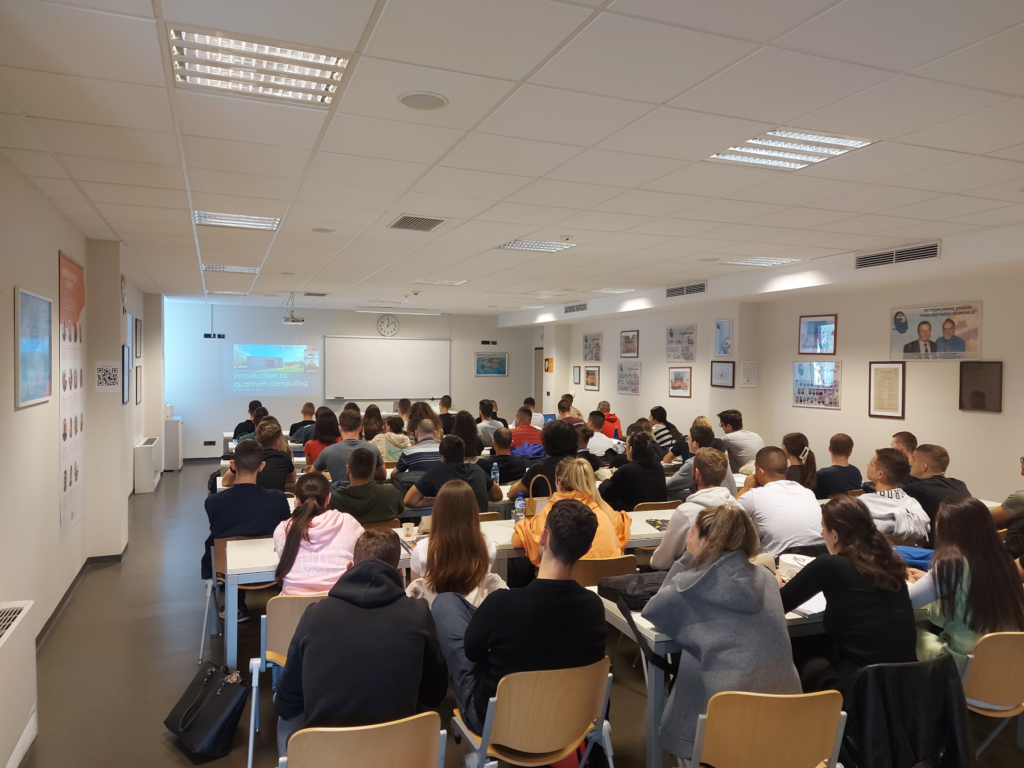NCC Montenegro and NCC Spain, collaborators at the EuroCC project, organized the “HPC and AI Workshop” designed for academia, scholars, researchers who are interested in learning how to use Artificial Intelligence and High-performance Computing in real case scenarios. This has been achieved through five lectures featuring educators from Spain and Montenegro presenting successful case studies:
Borja Perez Pavon, from Universidad de Cantabria, talked about HPC systems and highlighted they are available for different research projects by accessing various free access calls.
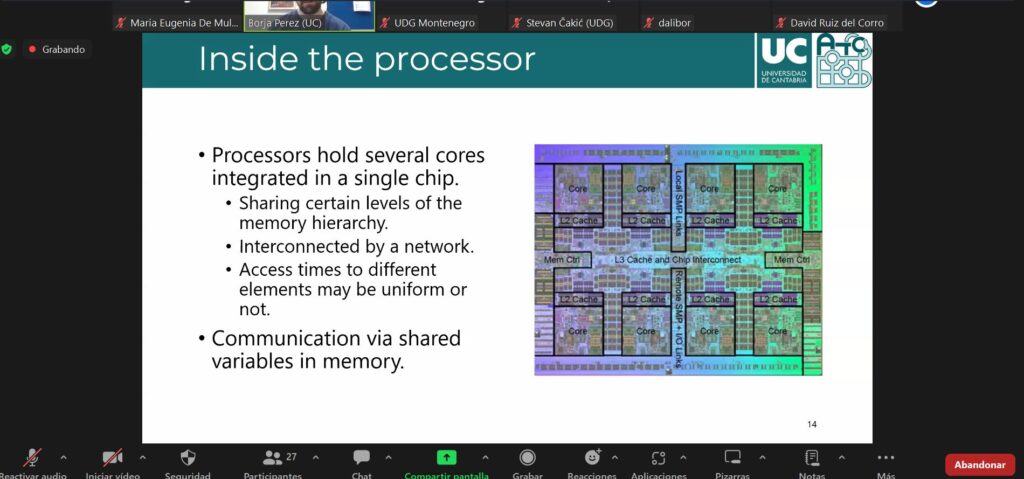
Ivan Jovovic, AI researcher and PhD candidate at the University of Donja Gorica explained from the use of multiple GPUs to handle large data sets to the cons and pros of data parallelism.
Stevan Cakic is a PhD student at the University of Donja Gorica, talked about the application of AI and HPC in agriculture, delving into deep learning and high-performance computing.
Ahmad Al Mughrabi, active researcher and multidisciplinary predoctoral scholar at the Universitat de Barcelona, discussed the applications of HPC and generative AI, acknowledging certain challenges that need consideration in the implementation of HPC in real-case scenarios.
Dejan Babic, a PhD candidate at the University of Donja Gorica presented the concept AI and HPC use cases in medicine.
